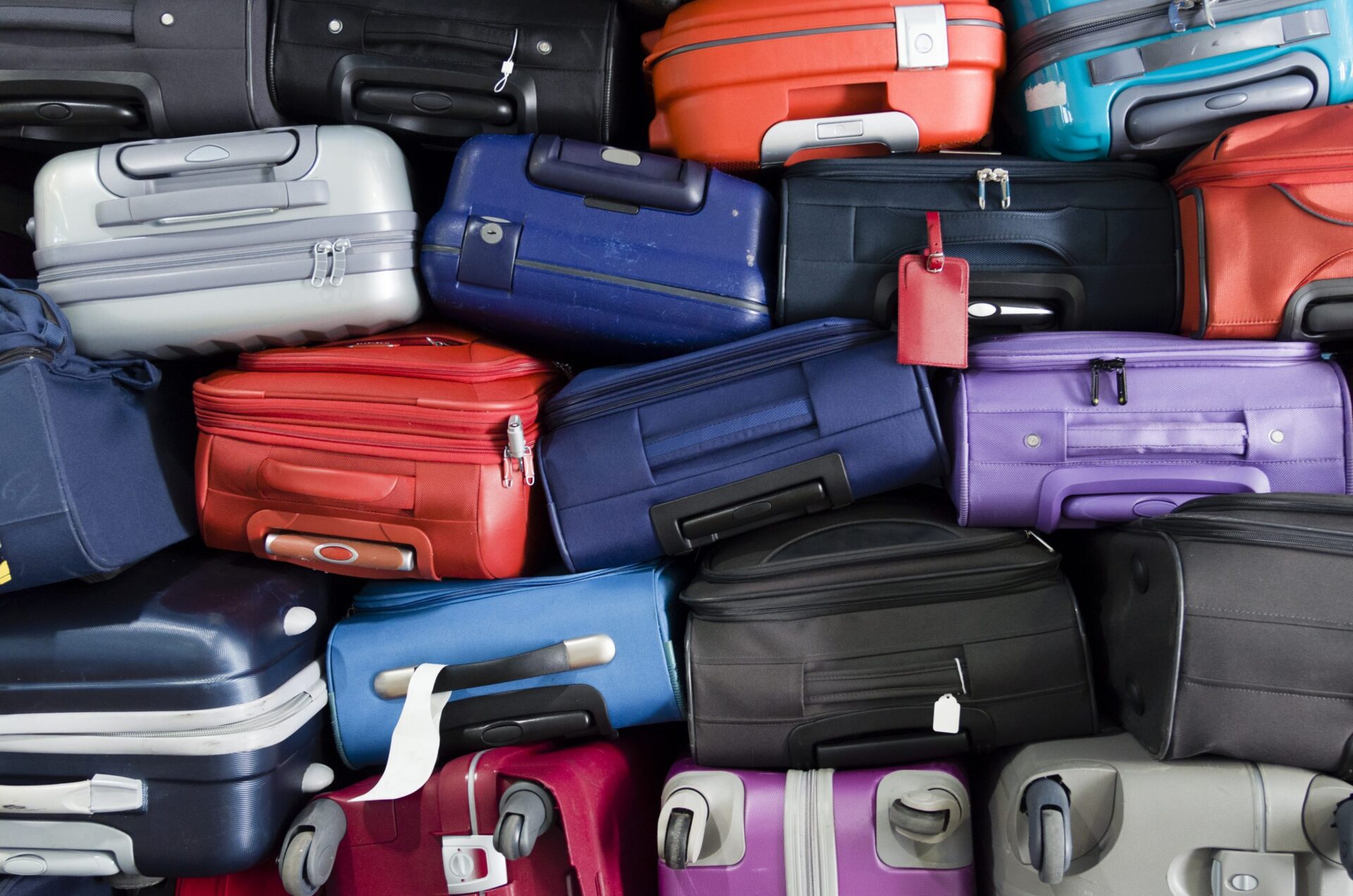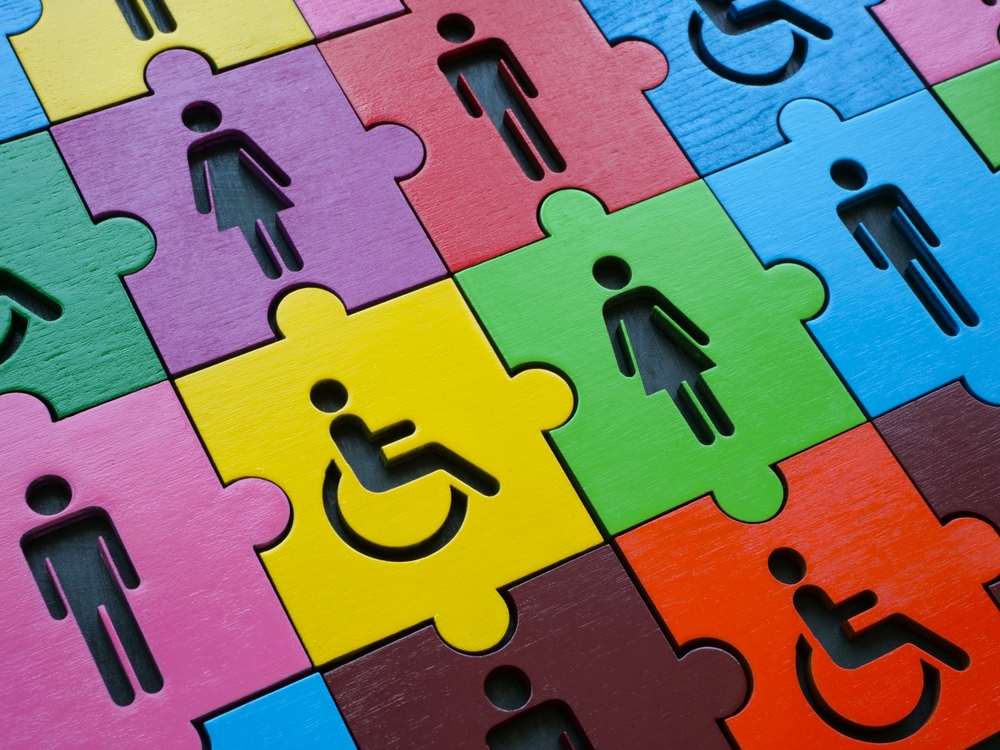
At Roffey Park, we start most development programmes and workshops by a process of so-called “checking-in”: the invitation to participants to speak in the group, and share anything that might get in the way of them being fully present to each other. Often, these are thoughts, niggles, feelings, worries, unresolved tasks from a previous meeting, or from their journey to this one. This process is sometimes being compared to a “check-in” at an airport, where people tend to leave their bulky luggage in the hold, so that they can travel unencumbered and focus on the experience of the journey.
Only for everyone who’s been travelling on short-haul flights in the past couple of years, we are aware that this is no longer the case. More often than not, travellers will cram their suitcases in the overhead lockers designed to carry not much more than a coat and duty-free shopping, in the often mistaken assumption that they are saving time by not checking in their luggage. Similarly, in a rush to “get through the content”, some programme participants don’t see the value of checking in, and will just offer a perfunctory “I’m fine and I’m here, let’s get on with it…”. It takes a brave facilitator – and airline passenger – to point out the cost of those mistaken assumptions.
What is the cost to our emotional and mental wellbeing of all this rushing from one experience to another, never fully dropping our load, but lugging it with us from one place to another, always looking ahead to the next thing? And the next thing invariably comes, and the next, and the next, often without thinking, or pausing, or even consciously choosing. One thing that we are not short of in 21st century life, and not just in the so-called developed countries, is stimulus: there will always be something else to occupy our attention and to distract us. The price we increasingly pay is the inability to lighten our load, to distinguish between what is truly important and what is merely urgent, to be fully with ourselves and to know that this is enough.
It may seem that by never truly settling, we are opening ourselves up to more possibilities and connections, but more often than not, we are in fact closing ourselves to the full human experience: the experience of being fully present, not just to others, but also to ourselves. By arriving quicker, we often don’t arrive at all, but just move through our lives, on to the next thing, the next stimulus, the next event. By doing so, we are losing the pace of deep human connection, a pace that can often feel frustratingly slow in our technology-enabled lives, but a pace nevertheless that can be ultimately more rewarding. Only by being where we are, can we truly move on to the next place, and experience the real potential of both.
So, next time you’re in a rush to get on to the next thing quicker, consider leaving your baggage – physical and emotional – behind, and experiencing your present more.





